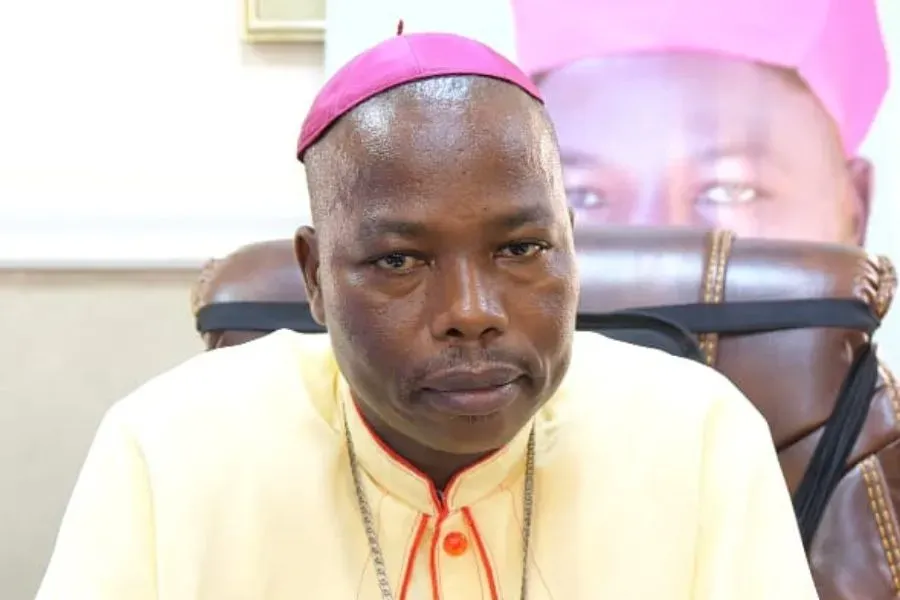Yola, 30 January, 2024 / 9:15 pm (ACI Africa).
Insecurity in Abuja, Nigeria, is worsening with residents of the West African nation’s Federal Capital Territory (FCT) fearing for their lives even in the confines of their houses, a Catholic Bishop has said.
In an interview with ACI Africa, Bishop Stephen Dami Mamza emphasized the need for “drastic action” to address insecurity that is threatening livelihoods in the capital city of Africa’s most populous nation.
“The insecurity in Abuja has become worse. Kidnapping is everywhere, even within Abuja city. Nobody knows his fate; nobody knows whether you can go out and come back. In your house you are not safe; on the road, you are not safe; on your farm, you are not safe. There's nowhere that people are safe at the moment,” Bishop Mamza said during the Friday, January 26 interview.
The Local Ordinary of the Catholic Diocese of Yola in Nigeria, who doubles as the 2nd Vice President of the Symposium of Episcopal Conference of Africa and Madagascar (SECAM) responsible for Justice Peace and Development Commission spoke to ACI Africa on the sidelines of the four-day joint seminar that brought together representatives from SECAM and the Council of European Bishops' Conferences (CCEE).
To underscore the insecurity challenge in Nigeria’s FCT, he said, “At the moment, the northeast, which had been threatened by Boko Haram, looks to be a little bit safer now than Abuja.”








